Will the keto diet help if I have SIBO?”
I am asked about a lot of diets as they relate to SIBO.
Currently, the one I’m asked most frequently about is the Keto diet.
So, let’s start with the basics.
What is the Keto Diet?
According to Healthline, there are several versions of the ketogenic diet, including:
Standard ketogenic diet (SKD):
This is a very low-carb, moderate-protein and high-fat diet. It typically contains 75% fat, 20% protein and only 5% carbs.
Cyclical ketogenic diet (CKD):
This diet involves periods of higher-carb refeeds, such as 5 ketogenic days followed by 2 high-carb days.
Targeted ketogenic diet (TKD):
This diet allows you to add carbs around workouts.
High-protein ketogenic diet:
This is similar to a standard ketogenic diet, but includes more protein. The ratio is often 60% fat, 35% protein and 5% carbs.
Only the standard and high-protein ketogenic diets have been studied extensively.
I wrote an entire article on the keto diet, and if you want it broken down even more, click HERE to read about: what it means to be “keto,” reasons to choose the ketogenic diet, and (vegetarian) ketogenic foods.
I also have, read, and do recommend (for information and recipes) Maria Emmerich’s book, “The 30-Day Ketogenic Cleanse: Reset Your Metabolism with 160 Tasty Whole-Food Recipes & Meal Plans.”
But the question at hand is,
Will the keto diet help if I have SIBO?
My answer is yes/maybe.
But it’s also “caution.” Here’s why.
Will the Keto Diet Help if I Have SIBO? –> Yes.
Harvard Health says,
Because it lacks carbohydrates, a ketogenic diet is rich in proteins and fats. It typically includes plenty of meats, eggs, processed meats, sausages, cheeses, fish, nuts, butter, oils, seeds, and fibrous vegetables.
If taken out of context, then yes it would help because (other than some of the nuts and fibrous vegetables) all of those foods are low-FODMAP.
They are also Paleo, GAPS, and SCD approved (all of which have also been used as SIBO healing protocols), and (again with the exclusion of a few) also AIP approved.
Doing a keto diet is almost sure to starve rotten gut bacteria (as long as you’re not consuming FODMAP foods) because there really are no starches and long-chain carbohydrates there to feed the bacteria.
When done right, my answer is that yes, yes the keto diet can help if you have SIBO.
But not so fast.
Will the Keto Diet Help if I Have SIBO? –> Maybe/Caution.
Click HERE to save this post for later.
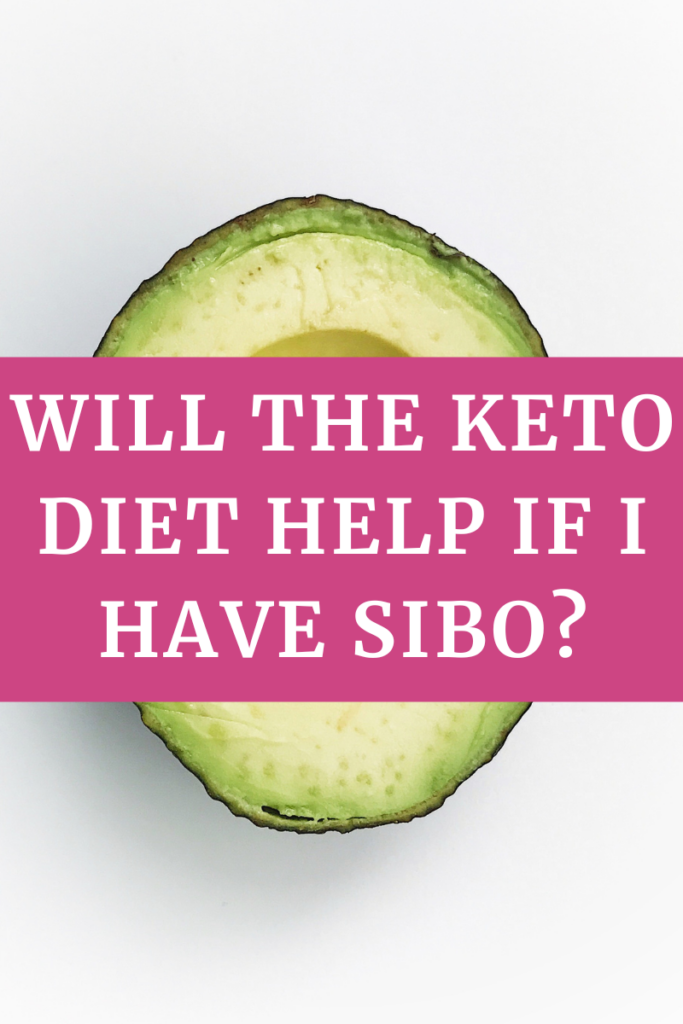
When I first started writing and researching for this post, I wanted to say a definite, “No. No the keto diet will not help if you have SIBO.”
But I just can’t because I don’t actually think that’s true.
If you search around the Internet, you’ll see just how much success those with SIBO have had when they have implemented a real, true, and lasting ketogenic diet.
In fact, I did, too.
In 2009, when I first began healing my gut, I went through a stringent period of GAPS.
Looking back, it was almost 100% keto.
For months and months I lived off meat, fat, and broth.
All my symptoms and issues went away (and this was long before I knew it was SIBO).
I had zero digestive issues and felt the best I had in years.
I’m living proof that yes it can and yes it does work.
There’s just one problem.
Out if it, new and other problems can arise. I’m also living proof of this, which is why I would not be doing you any favors if I didn’t caution it.
The timeline looked like this:
2009-2013: On an off of GAPS; minimal carbohydrates, starch, etc. (Prior to and during this time period I was straight up destroying my hormones with various things).
2014: Sicker than ever. Diagnosed with low-Thyroid, severe Adrenal Fatigue and SIBO.
2014 – 2017 / early 2018: Back-and-forth with different diet protocols, but after the initial 2014 diagnosis and getting to a good place, I went back to eating all the carbs and less protein and fat (I was so burned out by that point).
Early 2018: My nutrient levels were not great, but hormones and adrenals drastically improved.
Today: I just eat. I follow no diet. I try to get a balance of everything, without going massively carb / starch heavy (but am far above the keto limit). And my numbers? Everything is back within range; SIBO at bay.
Updated in late 2025 to add: Today I follow zero diet with zero restrictions. I am healed!
5 Questions to Ask Yourself Before Choosing the Keto Diet to Help Heal SIBO
Click HERE to save these questions for later.
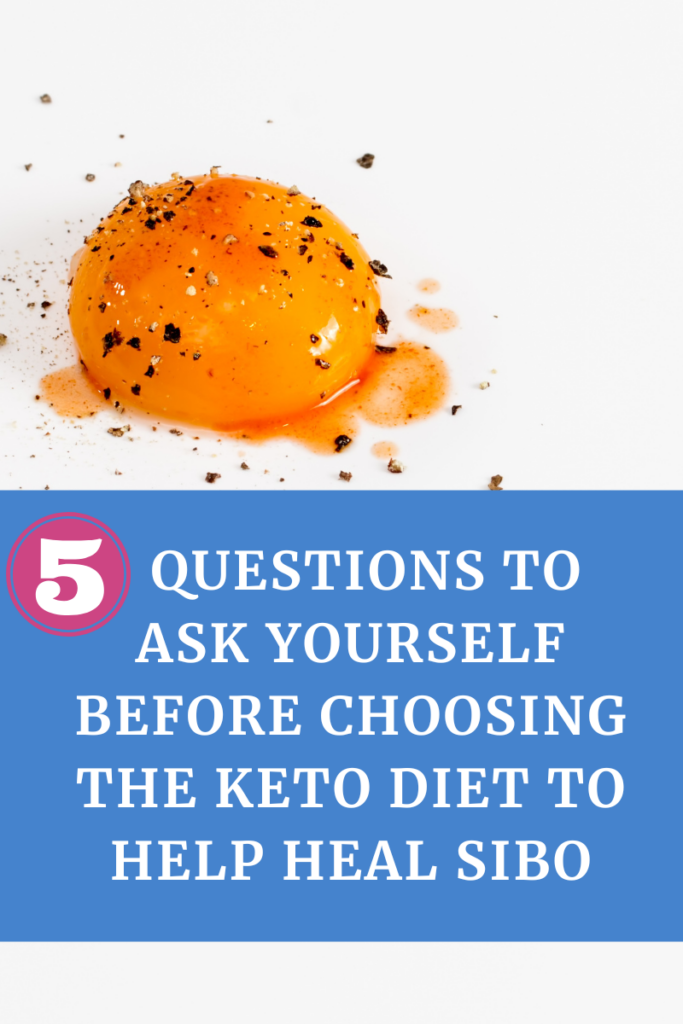
1. Do I realize that keto might include FODMAP foods?
The low-FODMAP diet is (one of) the only long-lasting proven SIBO diet protocol.
To ignore this fact while on a keto diet could leave you miserable still.
Do you know which keto-friendly foods are not low-FODMAP?
2. What trumps what in your current situation?
Most people I know who have SIBO do not only have SIBO. Like me.
So you have to think about what the most important thing to address is?
Many doctors will tell you that you should absolutely not cut out all carbohydrates if you have a low-functioning thyroid and/or adrenal fatigue.
If you feel one of those areas is far worse than your SIBO, the keto diet would not be for you.
3. How are your hormones currently?
If your hormones are not dialed in properly, re-consider a diet that cuts out carbohydrates, especially if you are a very active female.
This is partly where I got in trouble many years ago.
I worked out obsessively and ate too few carbs.
I lost my cycle and messed up my hormones up pretty badly.
If you see yourself anywhere in that equation, proceed with caution on going keto.
4. Do you have a disordered background with eating?
The keto diet (I don’t care what anyone tries to argue) is super restrictive.
The hardest part of this is that many women with SIBO went through years of disordered eating prior to the SIBO diagnosis (the culprit for SIBO is then typically low stomach acid, which has been depleted – click HERE to grab my 33 ways to tell if you have low stomach acid).
Taking all the things out could be triggering.
You must know that.
5. How does your body digest fat?
Many with SIBO also have a hard time digesting fat.
If you are in this camp (especially if you don’t have a gallbladder), you need to be careful.
Sure,Ox Bile can help, but it won’t be the magic cure all.
If after answering those five questions, any one of them is having you question a decision to move forward with the keto diet for healing SIBO, I have some alternatives to consider.
By the way, you can get very clear on the answers to the above by keeping a food journal.
This journal was created to set you free, faster.
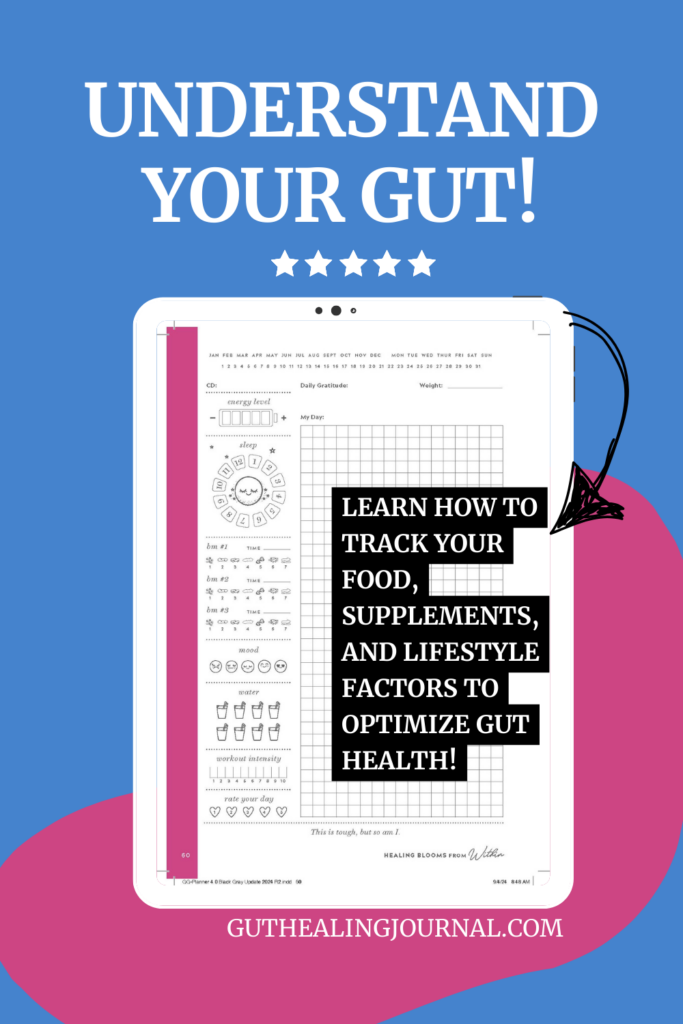
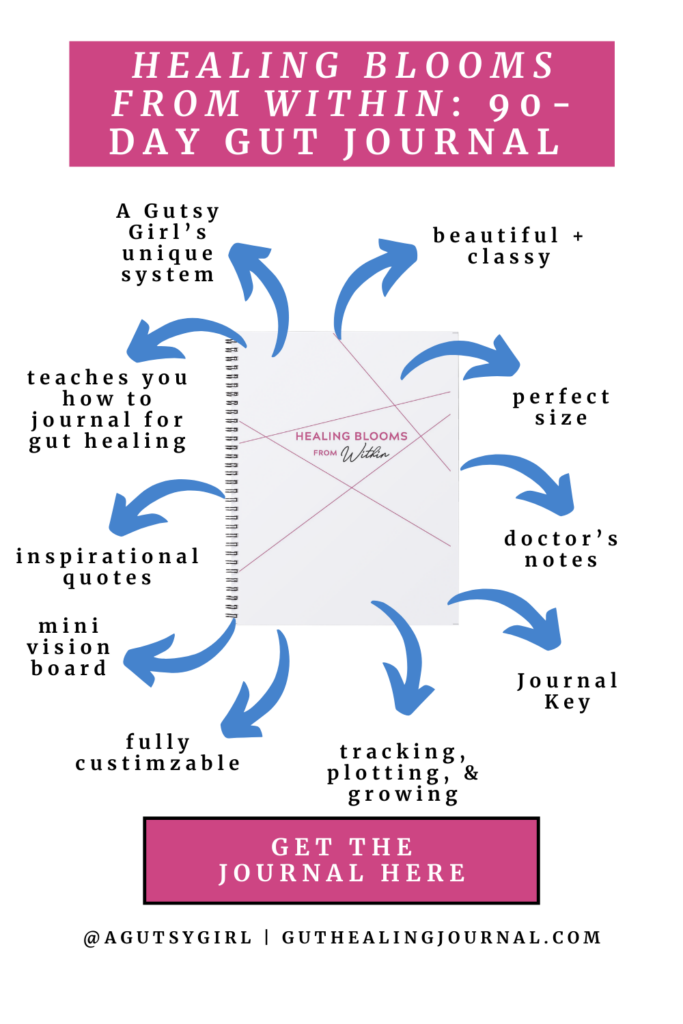
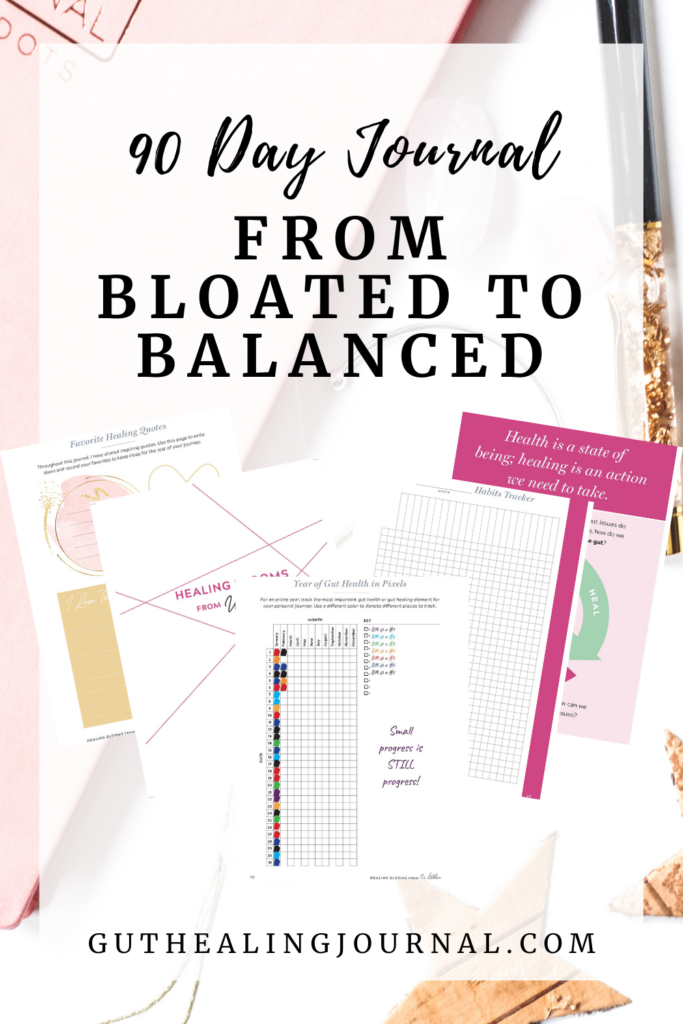
Alternatives to the Keto diet for SIBO
Click HERE to save these alternatives for later.
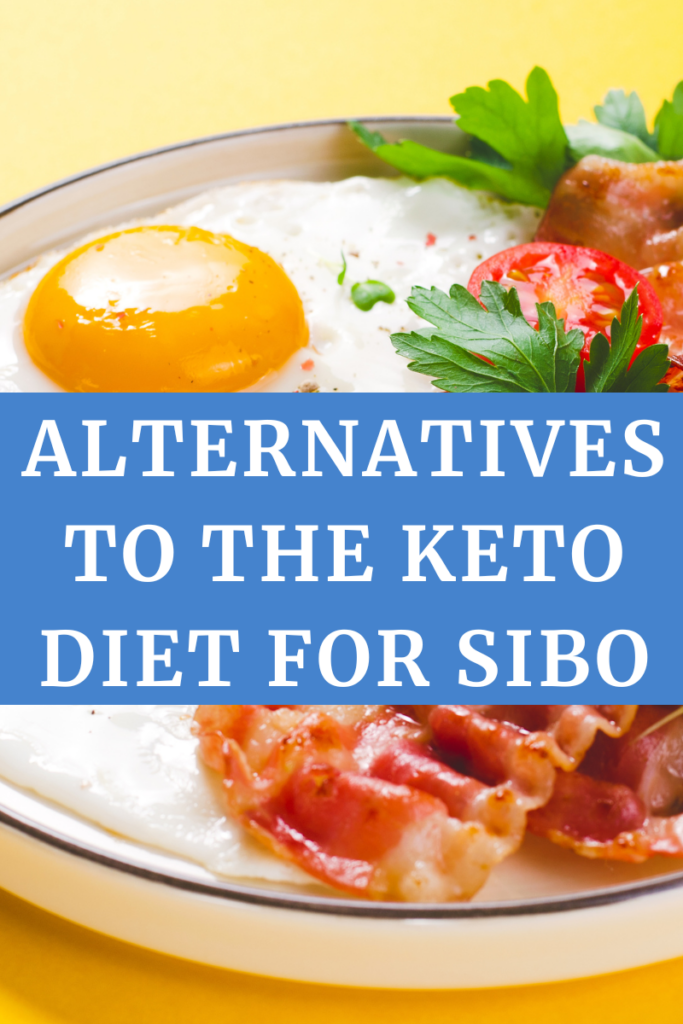
1. You can go low(er) carbohydrate without doing keto.
I’ve talked about this in length via Carbs and SIBO.
2. Do keto for a period of time.
No gut healing protocol was intended to last forever.
If you need a certain protocol to last forever, then you’re doing something wrong.
They say it takes 6 months to 2 years for ultimate gut healing (depending on your condition), but that doesn’t mean the diet has to stay sans-carbohydrates for 2 years (or even 6 months).
If your SIBO is really awful and it trumps everything else in your life, I don’t see a problem with doing it short term.
3. Try Intermittent Fasting
Again, for women, I still believe that you have to tread lightly for anything over 12-14 hours.
I do about 12-14 hours, most days of the week, and I think it has truly helped.
Essentially, you’re just giving the digestive system a break.
4. Meal spacing
I wrote all about this one HERE.
Between meals, just rest – don’t snack 24/7.
5. Low-FODMAP
Again, this is one of the only proven SIBO diet protocol out there.
This, in and of itself, is restrictive enough.
But white rice. You can have white rice. And isn’t that just beautiful?!
If you want help navigating FODMAP limitations, grab Reasonable SIBO.
6. Control carbohydrates at each sitting
With SIBO, it’s all about digesting in an appropriate timeframe so that nothing stays fermenting in the small intestine.
Instead of low carb or no carb, you could just try controlling the amount of carbohydrates you have at each sitting.
Measure out 1/2 cup or less. See how you do with that.
(Need help with FODMAP portions? Grab your copy of Reasonable SIBO HERE.)
7. Just get on the lifestyle (vs. hardcore diet) train
Because dieting harder doesn’t actually work.
p.s. Many of the above are described and talked about at length in A Gutsy Girl’s Bible: a 21-day approach to healing the gut.
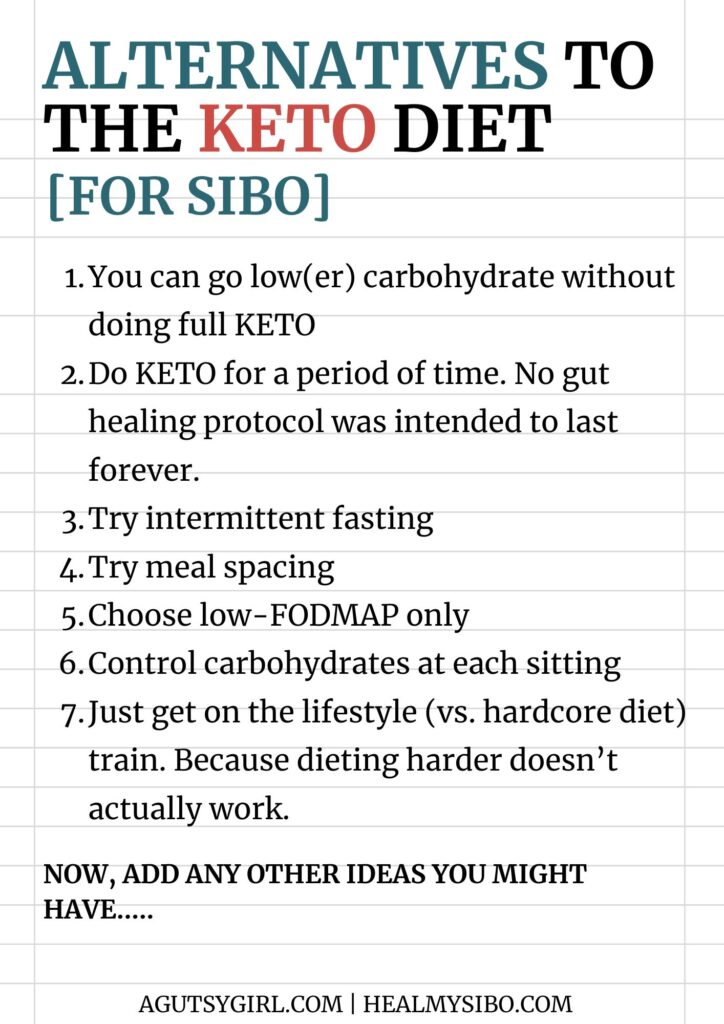
Final Thoughts
In 2015, Kelsey Marksteiner wrote a great post on Chris Kresser’s site called, “Why Dieting Alone is Not Enough to Treat SIBO.”
In the article, she states,
Simply put, a low-FODMAP or low-carb diet does not eradicate an overgrowth in the small intestine in a short period of time, and continuing on a long-term low-FODMAP/carbohydrate diet in an effort to starve the bacteria to death has potential detrimental effects on the bacteria in the large intestine.
I believe that Kelsey is spot on in that dieting alone is not enough to treat SIBO, but I also believe that when you are in gut h$$% anything – ANYTHING – that makes you feel better and find relief in the short term is a viable option.
(One cannot understand this until you’ve lived through that own, personal h#$%).
Listen, if diet was the thing for healing SIBO forever, I would have nailed it at the beginning.
I am killer when it comes to following every last thing to a “T,” keeping on task, and maintaining my perfect attendance for the Type A leadership team.
I’m not kidding, so I’ll say it again…..if diet was the thing for healing SIBO forever, I would have nailed it at the beginning.
Keto might work for you, it might not, but it’s not going to be the thing.
Healing SIBO requires 100% customization for you – not anyone else.
Your turn: keto for healing SIBO; yes or no or maybe so?
I’d love to hear about your thoughts and experiences. (And by the way, there is no right or wrong answer. Promise.)
If you liked this post, you might also enjoy:
- SIBO Diet Recipes – A Gutsy Girl Way
- How to Reintroduce Foods After an Elimination Diet
- Printable SIBO Diet
Xox,
SKH
🤰 bloating be gone! weight loss through optimal gut health for women
💃ʜᴇᴀʟ ʏᴏᴜʀ ɢᴜᴛ. ʜᴇᴀʟ ʏᴏᴜʀ ʟɪfe.
🫶🏻 founder gutbyome.com


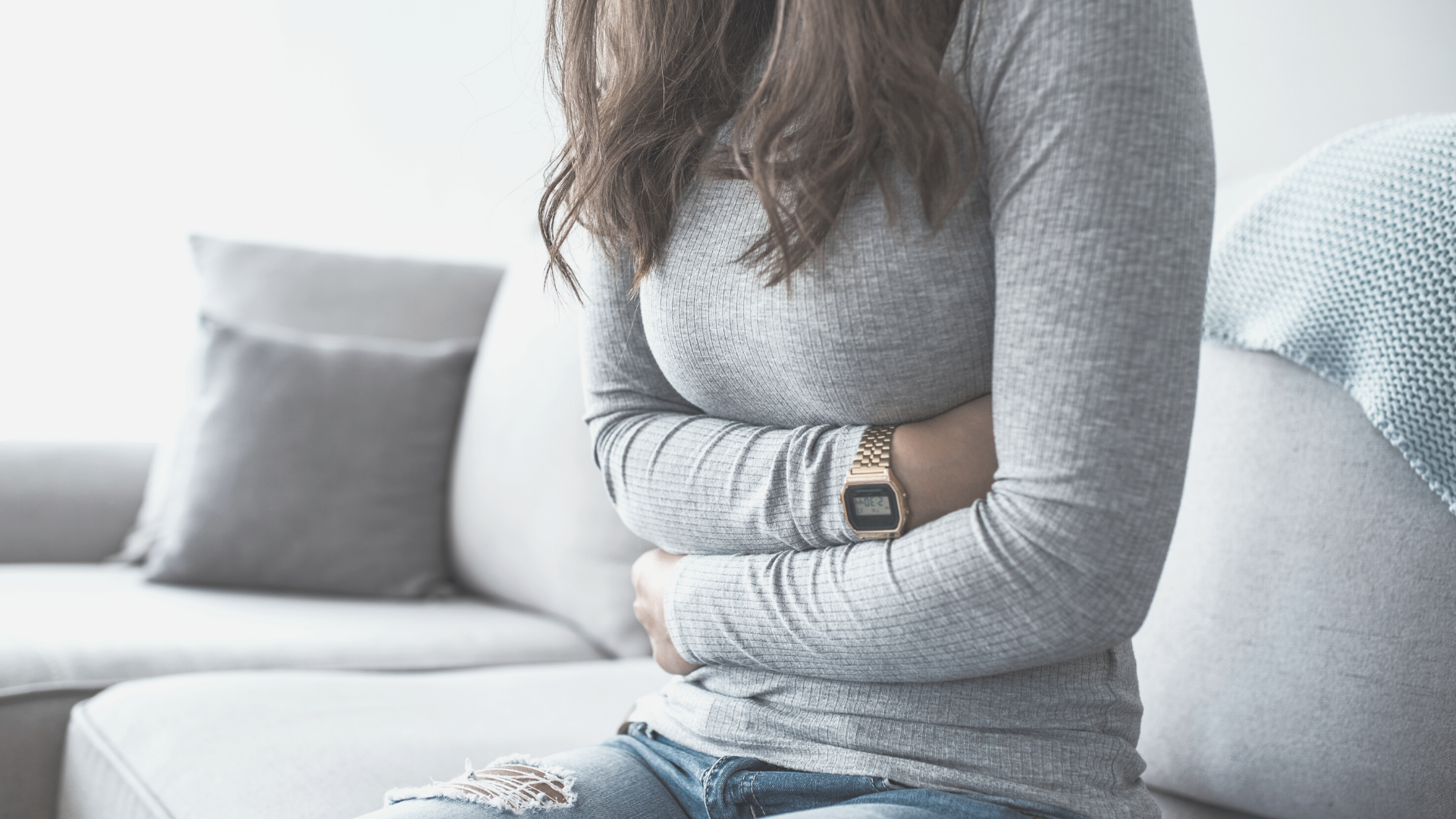

![How to Calm Your Gut [Episode 30 with Cara Wheatley-McGrain]](https://agutsygirl.com/wp-content/uploads/2022/02/episode-30-podcast-featured-agutsygirl.com_.png)
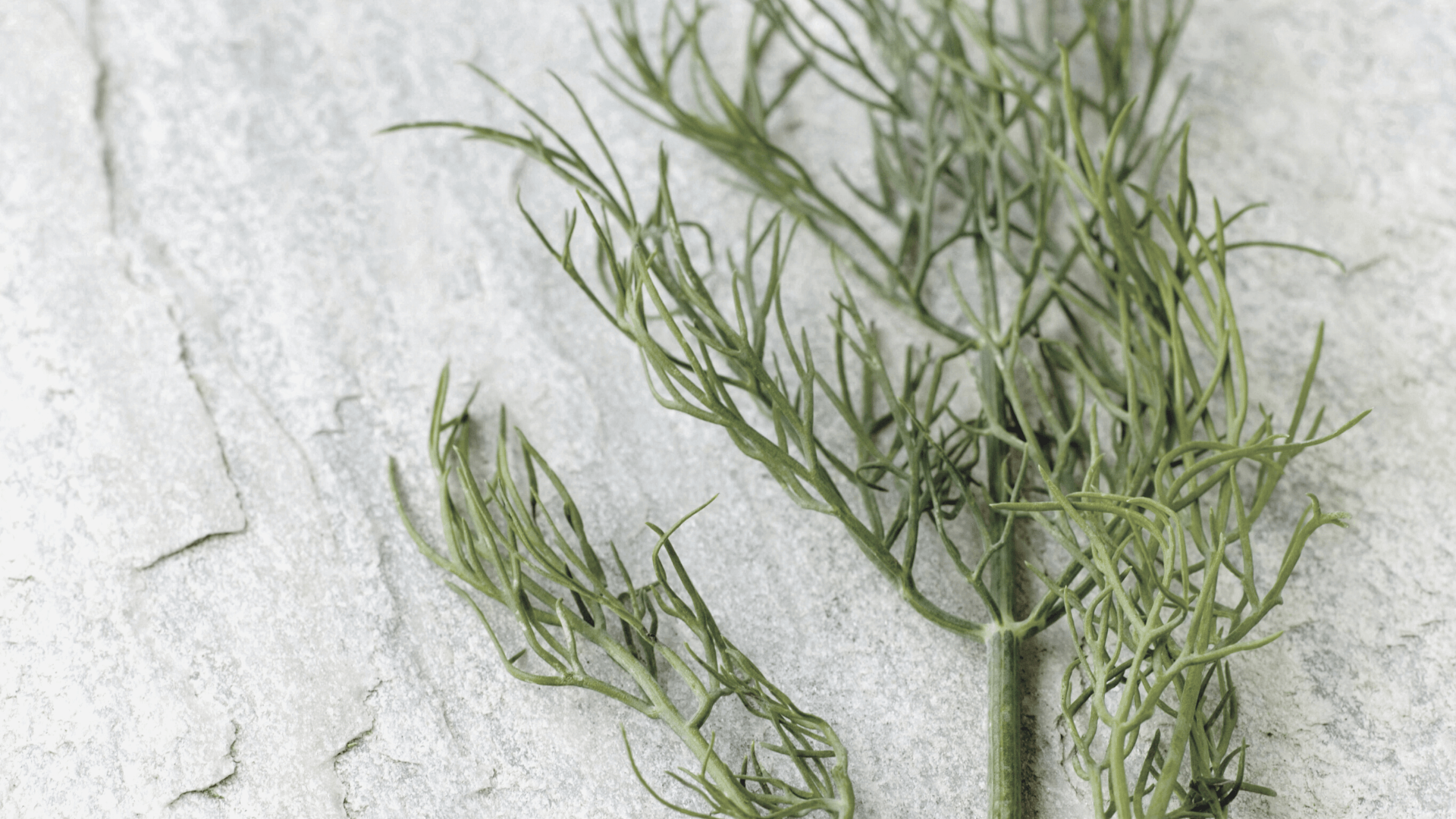
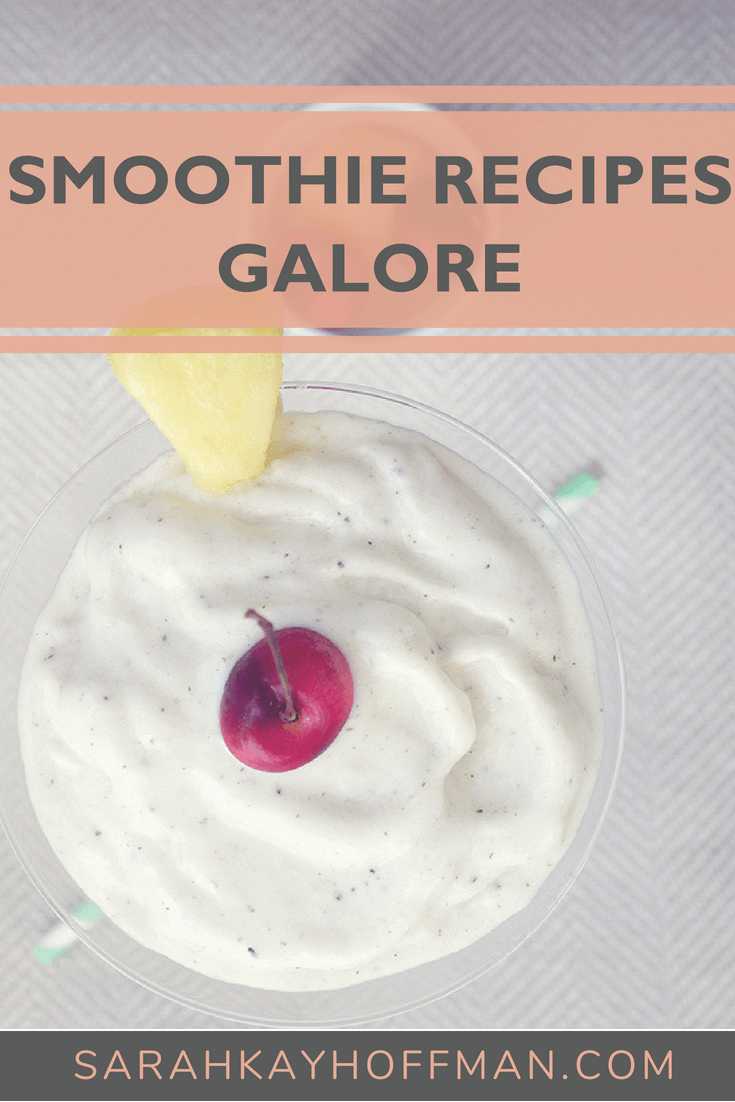
Question: Can a child as young as 7 do keto or low FODMAP safely? My youngest has gut issues and my pediatricians answer was daily use of laxatives.
Hi Amy – You should ask your doctor, as I’m not well-versed or trained in working with small children. I do things with my own children, but they are my own 🙂 I would say, though, that laxatives are not the answer.
Thanks Sarah. I agree, laxatives are not the answer. We even saw a pediatric GI specialist who recommended probiotics with laxatives. It was so disappointing. Thank you for your help. I really appreciate your blog.
Anytime!
This is (pretty much) exactly what happened to me! Thank you for explaining it so well. It makes sense now. I lost over 100 pounds on low carbs/high protein and felt pretty good doing it… until I didn’t, and then it all fell apart. The more weight I lost and the more hard core exercise I did, the more damage I did to my body. I am currently in the “fixing my thyroid, adrenals, hormone, SIBO, candida” phase… and I am feeling awful. Any advice you have to give would be much appreciated!
Hi Marcy – It took a long time to come out on the other end. If you just search any of those terms (except Candida because I did not experience that), you’ll find it all on my site. Xox
For ms I do The Wahls Protocol, a nutriënt dense Paleo fase two and paleo/keto fase 3. After doing keto for 7 months. My gut problems started after. With severe bloating. In keto Sibo is better but each time I get out Sibo gets worse.
So gut problems started after Keto?
And then you went back to keto?
I really thought I had my SIBO kicked until I started KETO. I really tried to stick with it but it was like prepping for a colonoscopy! I guess I need to go back to my old way of eating and just not snack between meals. I gained 20 lbs having fruit smoothies for breakfast but my SIBO went away for 2 years so I am at a bit of dilemma.
I’m a little confused as to what you did to heal your gut? If Keto helped or made it worse is a little confusing when looking at your timeline compared to your actual article… how’d you all of a sudden have zero symtpoms? Was Keto phase 1? I’m lost lol.